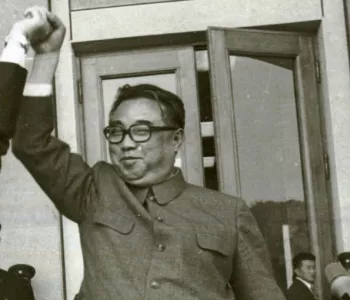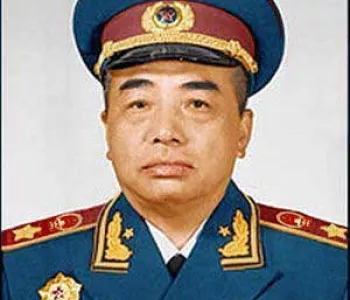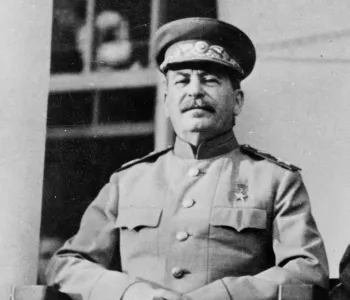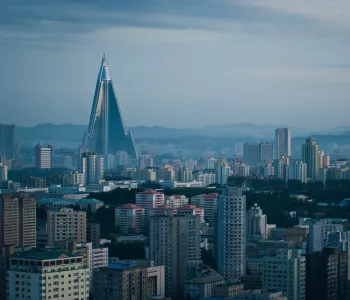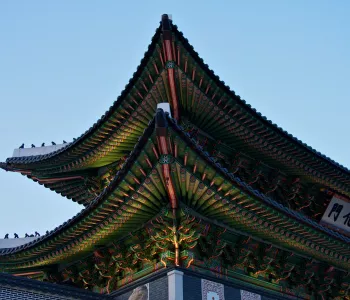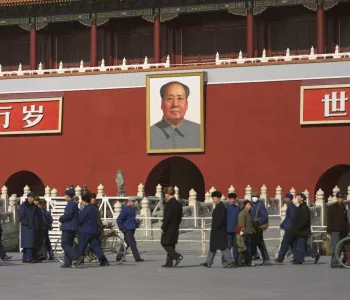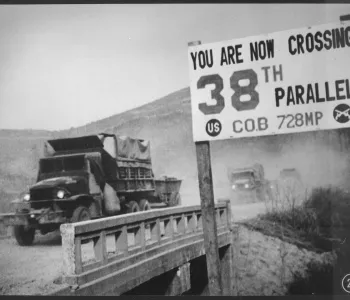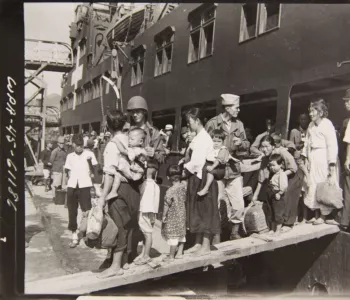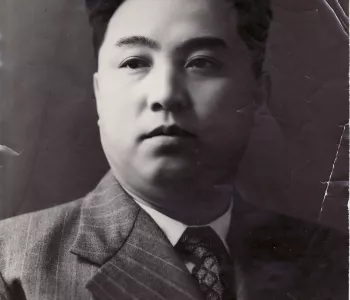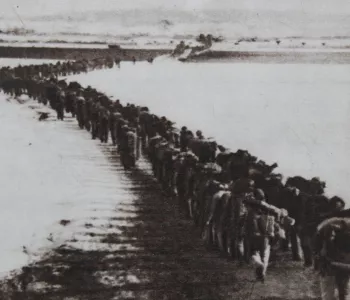d'Vinci

Pak, Heon-yeong
Pak Heon-yeong was arrested for treason in North Korea in 1953 and is presumed to have been executed in 1956.

PAK HEON-YEONG (1900–1956). Pak Heon-yeong was a communist activist who played a major role in the establishment of the Korean Communist Party (KCP) in 1925 and became the leader of the revived party after 1945. Based in Seoul, he fled north in 1946 and, with other South Korean communists, joined forces with Kim Il Sung. Kim distrusted him, however, and he was purged, tried in 1955, and probably executed in 1956. Pak was born in South Chungcheong Province in southern Korea. He studied in Seoul and Tokyo and in 1921 went to Shanghai. There he became involved with Korean communists from the Soviet Union. In 1922, he was arrested and imprisoned when he tried to enter Korea. He remained active in left-wing circles on his release, and in April 1925 was one of the founders of the KCP and the Korean Communist Youth League. When the KCP collapsed in November 1925, Pak was again arrested and imprisoned by the Japanese. When released in 1928, he went to the Soviet Union. He then returned to Shanghai, where he was again arrested in 1933 and sent back to Korea. He remained in prison until 1939. On release, he disappeared from public view, spending most of the war years as an ordinary worker, to avoid further arrest.
After the defeat of the Japanese, he reemerged and again went to Seoul, where he revived the KCP in September 1945, becoming party chairman. But the United States Military Government was increasingly hostile to the KCP, especially when it opposed the idea of trusteeship, and in September 1946, faced with a warrant for his arrest, Pak and a number of his colleagues fled to North Korea. Pak and his “domestic faction” of South Koreans were accepted by Kim Il Sung, and when the Democratic People’s Republic of Korea was established in September 1948, Pak became a vice premier and minister of foreign affairs. The following year, he became a vice chairman of the Korean Workers’ Party (KWP), and on the outbreak of the Korean War in June 1950, a member of the KWP’s Military Affairs Committee.
Immediately after the signing of the Armistice Agreement in July 1953, Pak was arrested along with most of his associates. There are reports that he had claimed that the southern population would rise up to support a northern invasion, and that he had been blamed when this failed to happen. Those accused with him were tried and executed in August 1953 on charges of treason and spying, but Pak did not go on trial until December 1955. He then faced similar charges to his former companions, with allegations that he had worked closely with the American missionary Horace H. Underwood and that he had been plotting to seize power. He admitted all charges, was sentenced to death in December 1955. He was probably executed in 1956, although this has never been confirmed.
All rights reserved. No portion of this publication may be reproduced, stored in a retrieval system, or transmitted in any form by any means, electronic, mechanical, photocopying, recording or otherwise without the prior written permission of the publisher. (Historical Dictionary of the Democratic People's Republic of Korea, by James E. Hoare, published by RLPG Books, appears by permission of the author and publisher).
After the defeat of the Japanese, he reemerged and again went to Seoul, where he revived the KCP in September 1945, becoming party chairman. But the United States Military Government was increasingly hostile to the KCP, especially when it opposed the idea of trusteeship, and in September 1946, faced with a warrant for his arrest, Pak and a number of his colleagues fled to North Korea. Pak and his “domestic faction” of South Koreans were accepted by Kim Il Sung, and when the Democratic People’s Republic of Korea was established in September 1948, Pak became a vice premier and minister of foreign affairs. The following year, he became a vice chairman of the Korean Workers’ Party (KWP), and on the outbreak of the Korean War in June 1950, a member of the KWP’s Military Affairs Committee.
Immediately after the signing of the Armistice Agreement in July 1953, Pak was arrested along with most of his associates. There are reports that he had claimed that the southern population would rise up to support a northern invasion, and that he had been blamed when this failed to happen. Those accused with him were tried and executed in August 1953 on charges of treason and spying, but Pak did not go on trial until December 1955. He then faced similar charges to his former companions, with allegations that he had worked closely with the American missionary Horace H. Underwood and that he had been plotting to seize power. He admitted all charges, was sentenced to death in December 1955. He was probably executed in 1956, although this has never been confirmed.
All rights reserved. No portion of this publication may be reproduced, stored in a retrieval system, or transmitted in any form by any means, electronic, mechanical, photocopying, recording or otherwise without the prior written permission of the publisher. (Historical Dictionary of the Democratic People's Republic of Korea, by James E. Hoare, published by RLPG Books, appears by permission of the author and publisher).
